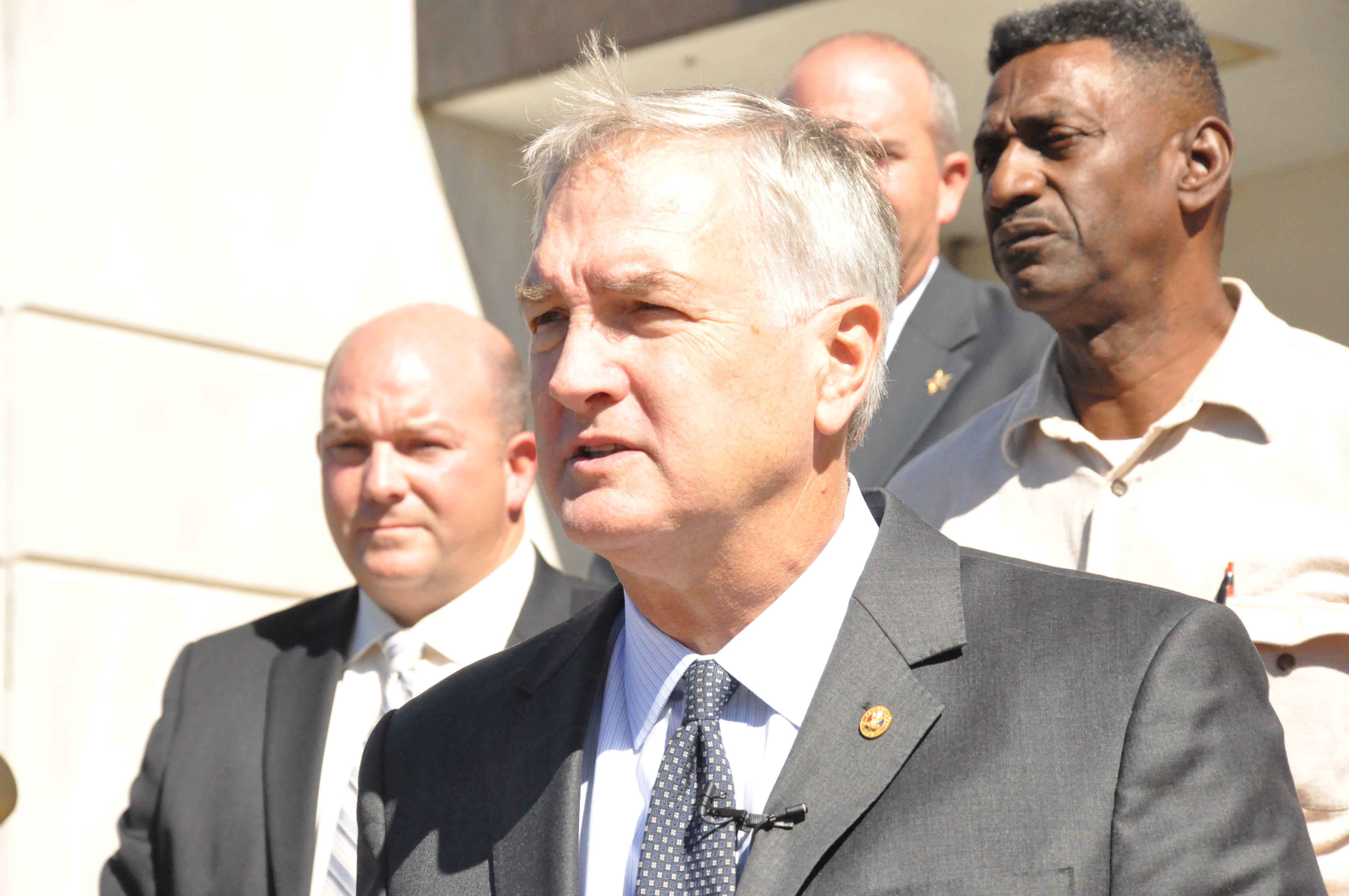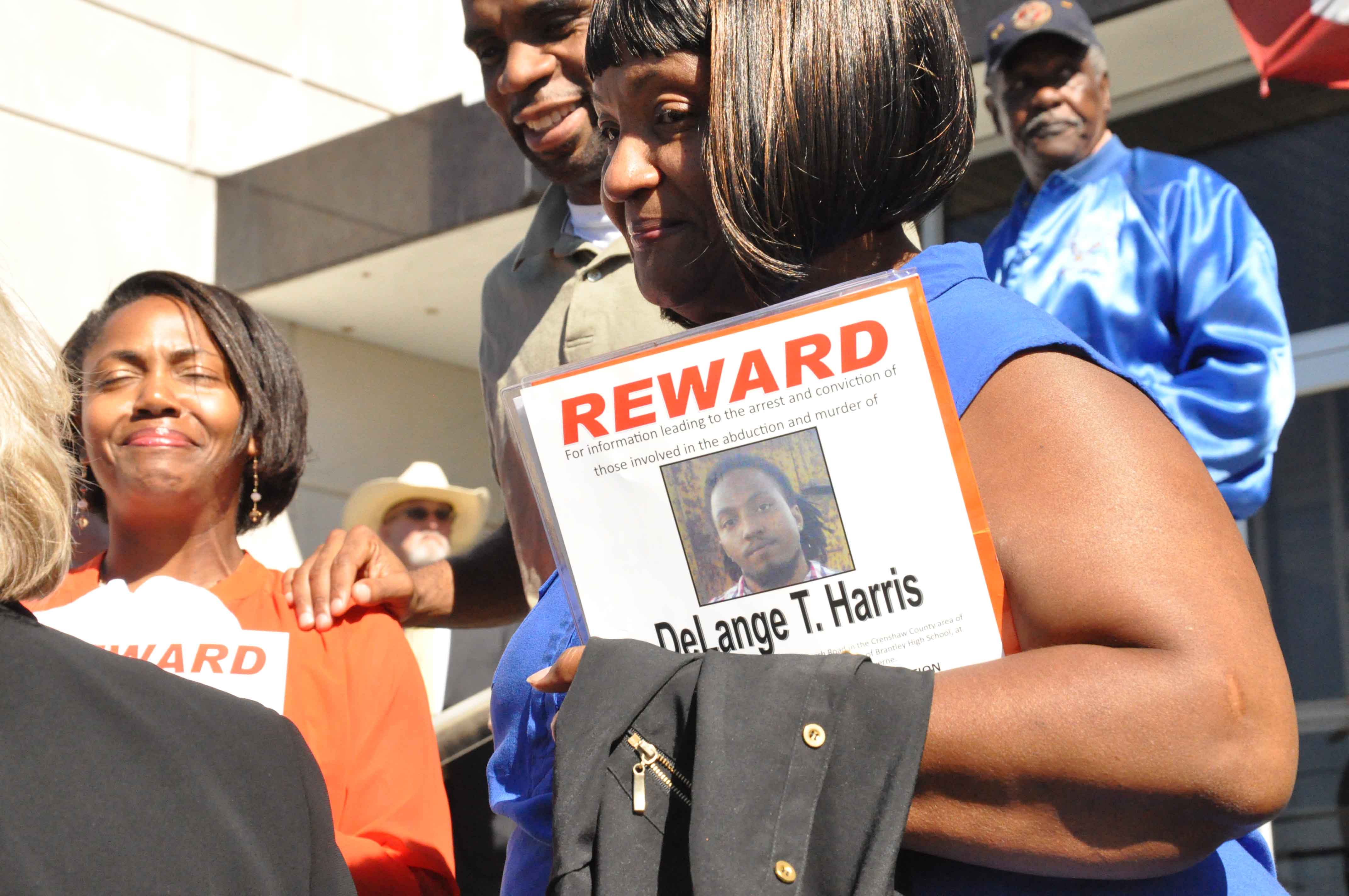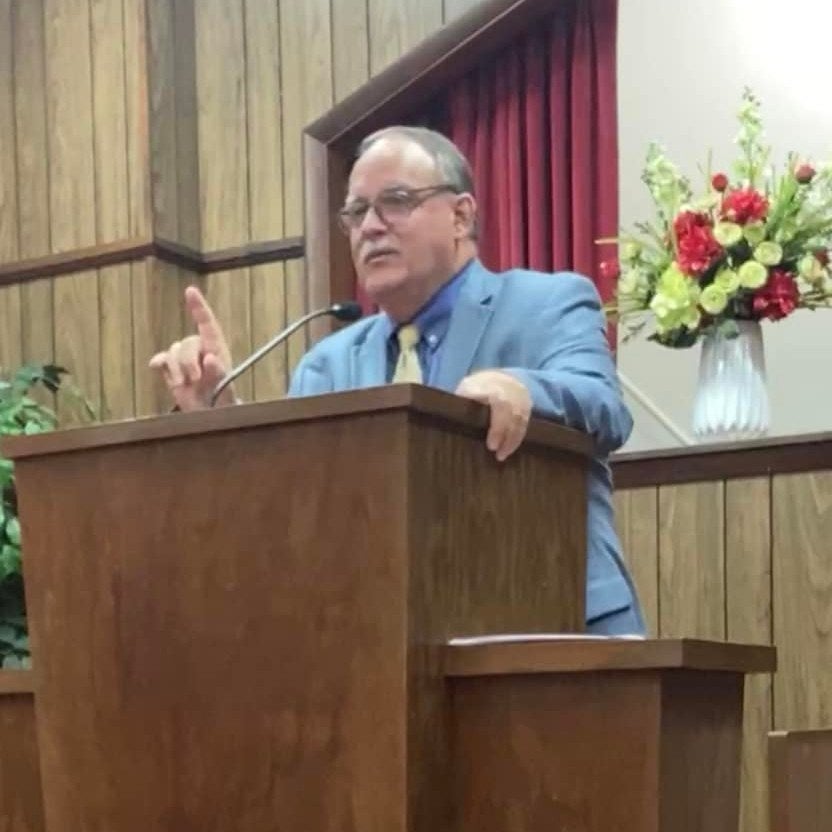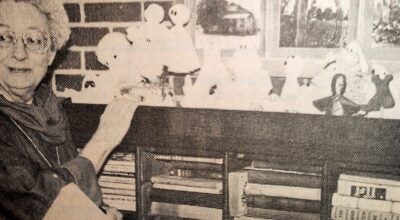AG announces $5k raise in reward for local cold case
Published 12:33 am Friday, November 7, 2014
Attorney General Luther Strange and Crenshaw County District Attorney Charlotte Tesmer held a news conference to publicize the reward in the Delange Harris cold case murder.
Harris was found dead on May 3, 2011, on Athens Church Road in Crenshaw County. Harris, who was 25, had been killed by a gunshot wound. The reward includes $5,000 from the Crenshaw County Commission and $10,000 from the Governor.
“It is important that the people of Crenshaw County, and any others who may have information, know about this reward,” said Attorney General Strange. “We urge them, and anyone who has information or possible evidence about a cold case, to come forward and notify the proper authorities. Working together, we have a much greater opportunity to deliver justice for victims who have waited for too long.”
“The Attorney General assigned one of his Cold Case Special Agents to this case earlier this year. Since that time the Attorney General’s office and the Crenshaw County Sheriff’s Office have been working to solve this case,” said District Attorney Tesmer.
Those with information about the Delange Harris murder are urged to contact the Crenshaw County Sheriff’s Office at 334-335-6568 or the Attorney General’s Office at 1-866-419-1236.
Attorney General Strange discussed the telephone number and email address set up by his Cold Case unit to receive citizens tips that could help solve cases and bring justice that has been years in coming. People who may have evidence or clues about cold case sexual assaults and murders are encouraged to call the Attorney General’s Office and share this information. The toll-free hotline number is 1-866-419-1236 and email messages may be sent to coldcasetips@ago.state.al.us.
“Numerous cases that have been solved demonstrate the excellent work performed on a regular basis by our Cold Case Unit,” said Attorney General Strange. “Since beginning its work, the Cold Case Unit has provided hope and delivered justice for many victims whose cases had long gone unsolved. With the help of new information brought to light by citizen tips, we hope to achieve even more.”
The National Institute of Justice—Solving Cold Cases grant was provided by the U.S. Department of Justice to start the Attorney General’s Cold Case Unit in 2008. The Cold Case Unit targets unsolved or unresolved violent sexually motivated assaults and homicides in which probative DNA exists. To date, Special Agents assigned to the Cold Case Unit have reviewed more than 1,300 violent crime cases from throughout Alabama.
The cases that were investigated by the Cold Case Unit involve crimes that occurred from November 1985 to November 2011, with indictments against 10 men for a total of 54 criminal counts. The cases include charges of rape, sodomy, robbery, burglary, sexual abuse, enticing a child for immoral purposes, attempted murder and kidnapping. Three of those indicted are allegedly serial rapists who committed multiple violent sex crimes, some of which were across state lines. Because of the Cold Case Unit’s work, 19 female victims and one male victim, whose ages ranged from four to 51, now have seen those responsible for the crimes against them brought to justice.
Cases accepted for consideration by the Cold Case Unit typically have probative DNA evidence, with the DNA testing performed by the Alabama Department of Forensic Sciences. The Department of Forensic Sciences DNA Program has assisted almost 5,000 previously unsolved investigations through a search of the Combined DNA Index System (CODIS), and has provided closure for victims of violent crime across Alabama and 40 different states.
The investigative talents of Special Agents within the Cold Case Unit, combined with the scientific expertise in DNA testing provided by the Alabama Department of Forensic Sciences, presents an opportunity for unsolved cases to be reopened and fully investigated. Using state of the art DNA technology, evidence that had never been analyzed or was previously analyzed using older technology is submitted to ADFS for analysis and the results are provided in a timely manner. In addition to the Cold Cases that resulted in an arrest or indictment, the Cold Case Unit is currently engaged in the active investigation of many other cold case homicides and sexual assaults across the state.








